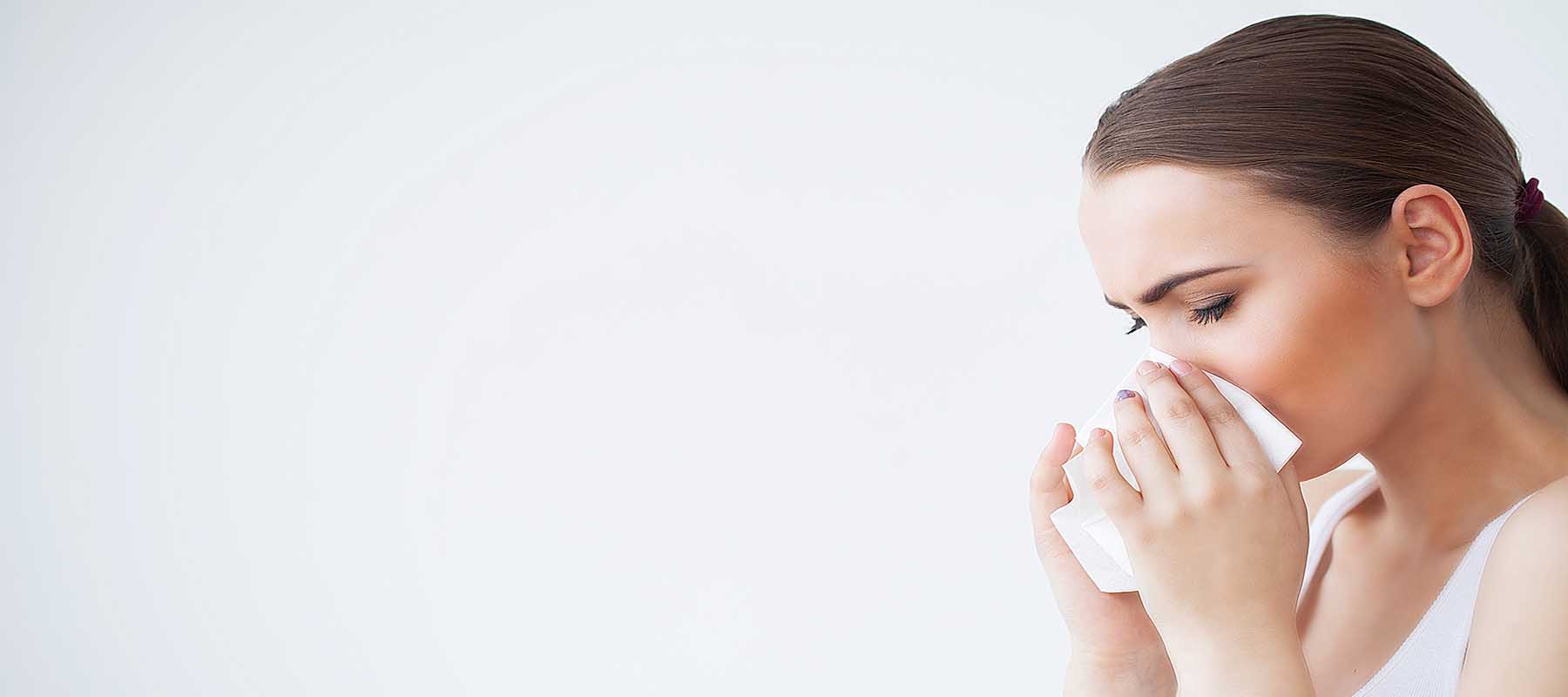If you’ve been experiencing itchy or watery eyes lately or noticed that you are sneezing, sniffling, or itching more than often, you might be allergic to ragweed pollens.
This is the time of year ragweed and other weeds are the most common pollens in the air. Single ragweed can produce over one billion grains of pollen. Can you imagine unleashing one billion particles of allergy-causing misery? It is like single ragweed is an invading army and your immune system just doesn’t stand a chance. Doesn’t it make you want to sneeze just to think about it?
I was speaking to a young man in the midwest earlier this week about his conflicting desires to want the “freshest” air in his house balanced with his desire for his daughter to breathe the cleanest air.
He had been researching air exchanging units and had read some pretty convincing marketing materials supporting the benefits of “clean” air from the outside. His question was spot on, “If this unit brought air in from outside and the air had pollen or mold, was he making things better or worse?”
Well, if this unit sucked the air from outside and did nothing to clean that air, then things would be worse. If the unit brought air in, cleaned it up, then dumped it into the house, then it truly would be “fresh” air.
Remember you don’t want to bring more pollen or mold into your house than already sneaks in every time you open a door. Remember, you also carry bits of pollen and molds from the air on your clothes and hair if you go outside when counts are high. It really is best to keep the outside out.
If you do open your windows, then run your HEPA air cleaner on high. Put it to work sucking up those particles. Look into using MicroAirScreen Window Air Screens that will allow you to open your window 8″ but still block those pollens and molds.
Also, take a moment to check the pollen levels before you open up. Many newspapers print pollen counts and you can always visit Pollen.Com to get your local forecast. They even have a mobile app that you can download if that’s your style. So, no matter how you approach it, keep the outside out and the inside in.

